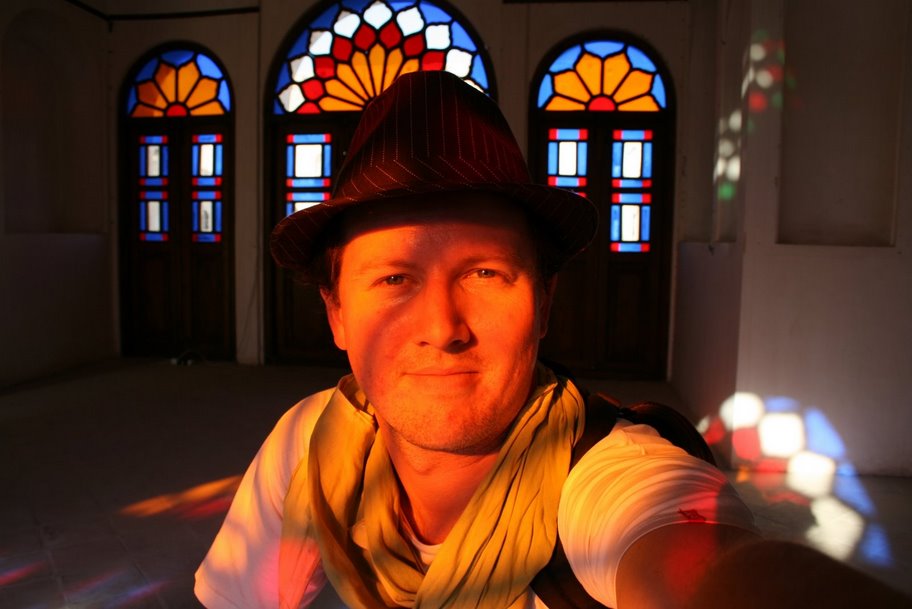The recent unrest in East Timor has sparked much discussion about the importance of security and governance. Recently, Susan Cirillo, an honours graduate in Politics and International Relations from the University of New South Wales has produced a discussion paper based on her thesis, 'Australia's governance aid: Evaluating evolving norms and objectives'.
What caught my attention is her hypothesis "that the ‘good governance’ agenda has been articulated by AusAID [which manages the Australian Government aid program] in a way that claims to facilitate the aid program’s binary function; promoting development in recipient countries whilst simultaneously serving the Australian interest. Australia has harnessed the aid program’s governance agenda to provide a ‘whole-of-government’ approach to pursuing Australia’s security and trade interests."
Cirillo also says that "Hence, the argument is that Australia’s ‘good governance’ agenda is primarily shaped by Australia’s foreign policy imperatives. Reciprocally, projects which seek to enhance Australia’s regional security and the proliferation of economic liberalisation amongst current and potential trading partners are justified under the rubric of ‘good governance’."
Cirillo adds that "AusAID exemplifies a liberal conception of democracy given its emphasis on the procedural elements of democracy, rather than the substantive social elements of democracy."
One of Cirillo's most interesting conclusions is that "Australia primarily understands governance in terms of strengthening the state to guard against security threats and maintaining order, rather than focusing on the broader aspects of democratic, accounatable (sic) and equitable development." Although I think that good governance has a important role to play (especially given questions around aid effectiveness), I tend to agree with the security analysis and would point to the $27 million being spent every year on a detention centre in Nauru as a example of this shift.
Most of the young men in East Timorese gangs don't have jobs, they are excluded from the justice and political systems and they face a very uncertain future. Rather than just keep on sending in the troops, we need to look more closely at the underlying causes for the violence - poverty and injustice.
It would be great if we could put the aid emphasis squarely back on reducing absolute poverty, the kind of gut-wrenching, filthy, humiliating poverty that affects more than 1.1 billion people around the world. Our Asia-Pacific region alone accounts for 70 per cent of the world's poor people. But for that we need more political will, public support and funds. This year in East Timor alone, Australia will only spend $43.6 million in aid compared to $332.2 million for PNG and $344.3 for Indonesia.
As a start, the ratio of Australia's total Overseas Development Assistance (ODA) to Gross National Income (GNI) for 2005-06 is estimated at 0.28 per cent. PM Howard committed to increasing Australia's aid to $4 billion by 2010 - however estimates are this will be only 0.36% of GNI and will leave Australia ranked 18th out of 22 wealthy OECD nations. Let's commit to the international target of 0.7% of GNI by 2015 - the target date for the Millennium Development Goals. That will send a strong message about how serious we are about tackling poverty. Now that would really be in our national interest...and East Timor's.
Subscribe to:
Post Comments (Atom)


No comments:
Post a Comment